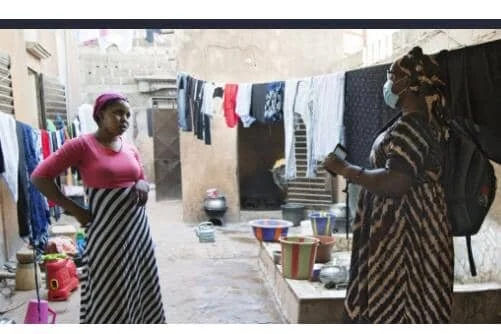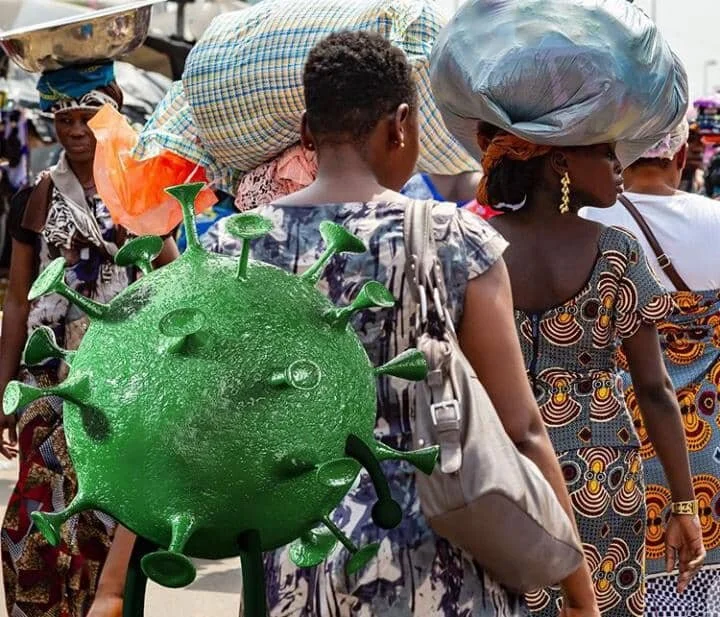The Second GMWHO World Health Assembly, Deeply conscious that the effects of climate change are causing the most vulnerable groups and marginalized populations to suffer, jeopardizing the future of the world’s development and the lack of effective and inclusive health systems which urges governments to collaborate to navigate the complexities of issues that arise from the climate crisis.
Young People Championing Post Pandemic Futures | Policy Recommendations From The Youth Cafe
During these unprecedented times, it is more important than ever that governments, policymakers, academics, business leaders and civil society come together to find innovative ways of supporting communities and providing hope to younger generations. The pandemic has further highlighted and exacerbated the existing inequalities in our societies, with respect to access to resources, information and power dynamics. Children and young people are among the hardest hit; girls and young women in particular have been disproportionately impacted.
Make Adolescent Well-being A Priority | An Urgent Call To Action
There are 1.2 billion adolescents (10-19 years old) worldwide today and this number will rise through 2050. Nearly nine out of ten adolescents live in low- and middle-income countries. The health and well-being of adolescents now and in their adult lives greatly depend on key opportunities for education, skill development, employability, access to quality health services and a supportive environment that can help them stay healthy, empowered, embracing gender equality norms and demanding rights.
World Health Organization Fourteenth General Program of Work, 2025–2028
In 2023, the Seventy-sixth World Health Assembly, having considered the report by the Director-General on sustainable financing, requested the Director-General to develop the draft Fourteenth General Programme of Work, 2025–2028 (GPW 14) in consultation with the Member States, as the technical strategy to underpin the first WHO investment round in the last quarter of 2024. GPW 14 is to replace the Thirteenth General Programme of Work, 2019–2025 (GPW 13) one year early, include a financing envelope and strong results narrative, and draw on lessons learned from GPW 13. GPW 14 will be considered for approval by the Seventy-seventh World Health Assembly in 2024, through the Programme, Budget and Administration Committee of the Executive Board at its thirty-ninth meeting and by the Executive Board at its 154th session.
Community Health Workers: The Unsung Heroes In Africa’s COVID-19 Response
The WHO defines Community Health Workers (CHWs) as lay people who live in the communities they serve and who function as a critical link between those communities and the primary-healthcare system. In Africa, they provide low-cost interventions for common maternal and pediatric health problems such as pneumonia, diarrhea, undernutrition, malaria, HIV, measles and now COVID-19. They also assist with immunization.
Kenya Citizens Need Fair Access And Equitable Allocation Of COVID-19 Diagnostic Tools.
The right to health is a fundamental human right guaranteed in the Constitution of Kenya. Article 43 (1) (a) of the Constitution provides that every person has the right to the highest attainable standard of health, which includes the right to health care services, including diagnostics. Till now there are no effective treatments and cures for COVID 19 and Kenya has resorted to public health and social measures such as physical distancing and quarantine to contain the spread of the causative virus SARS-CoV-2
Paying a High Price for Skin Bleaching | The Youth Cafe
BY PAVITHRA RAO
“I’ve been dark skinned for many years and I wanted to experience the other side. I wanted to see what it would be like to be white and I’m happy,” says South African singer Mshoza, whose real name is Nomasonto Mnisi. Mshoza is famous for her music—and now for her bleached skin. She initially sought to bleach her hyperpigmentation (dark patches on the skin) but then decided to maintain a light complexion overall.






